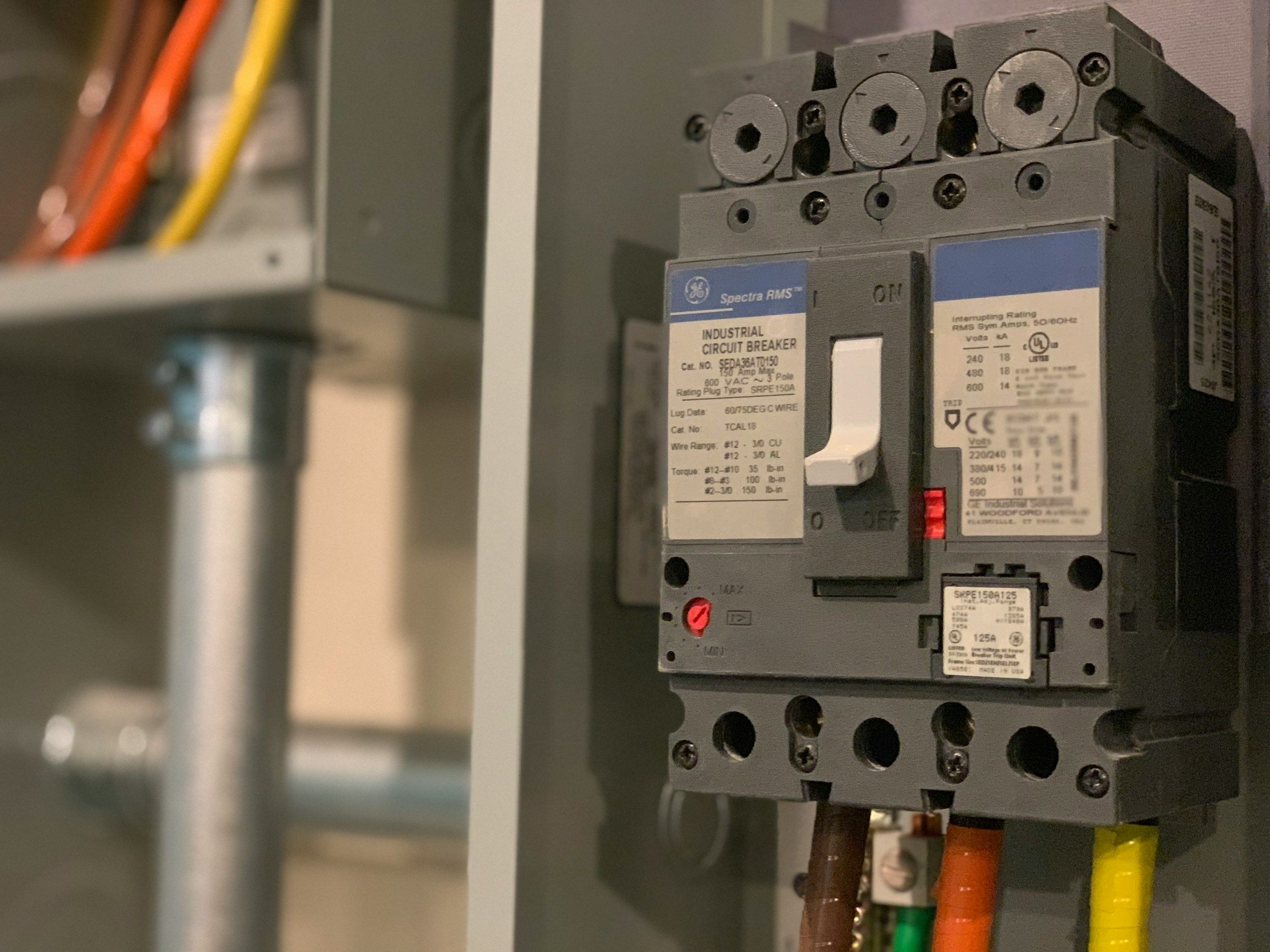business resources
The Importance of Junction Boxes: Protecting Your Electrical System
21 Aug 2024, 0:27 pm GMT+1
In the intricate maze that is your home's electrical system, junction boxes serve as the unsung heroes. They are not just a component but a critical shield for your electrical networks' functionality and safety. This post explores why these often-overlooked devices are indispensable for every household.
Understanding the Basics of Junction Boxes
Junction boxes might seem small, but their role is enormous. They are enclosures that house and protect wiring connections in electrical installations. The primary function of Electrical Junction Boxes is to prevent accidental contact with the wires and protect them from dust, moisture, and other potentially damaging elements. These boxes come in various materials, such as metal or plastic, each suited for different environments. Metal boxes are durable and perfect for outdoor settings, while plastic ones are lighter and often used indoors. Understanding the material and the right type for your needs is crucial in ensuring optimal protection and longevity of your electrical system.
In some outdoor installations, additional components like guy strain insulators are essential for supporting electrical wires under tension. For example, Meister Intl. offers durable and reliable insulators designed to enhance safety and maintain the integrity of outdoor electrical systems. These components work seamlessly with junction boxes and other electrical protection systems to ensure everything runs smoothly.
Why Is There a Need For Junction Boxes?
Why are these boxes necessary? The primary reason is safety. Junction boxes help prevent electrical fires, which can occur if wires are exposed or connections are faulty. Containing the cables and their connections significantly reduces the risk of sparks igniting other materials.
Another vital function of junction boxes is organization. They keep your wiring system neat and manageable. Maintaining order in the wiring system becomes much easier with a junction box, allowing for quicker troubleshooting and repairs when necessary.
Installation Tips for Junction Boxes
Proper installation of junction boxes is crucial to their effectiveness. First, ensure the box is adequately sized to house all connections without overcrowding. Overloaded boxes can lead to overheating and potential fire hazards. Leaving enough slack in the wiring is also important to accommodate future adjustments and repairs. Location is another crucial factor. Junction boxes should be easily accessible for maintenance yet protected from physical damage and environmental factors like water and dust. For outdoor installations, weatherproof boxes are recommended to withstand the elements. Ensuring the box is securely mounted will prevent any movement that could loosen connections over time.
Common Mistakes and How to Avoid Them
One common mistake in handling junction boxes is failing to cover them. An open junction box exposes wires to dust, moisture, and accidental contact, defeating its protective purpose. Another frequent error is using the wrong-sized box for the number of wires it contains. Cramming too many wires into a small box can lead to overheating. Always choose a box with enough space for all the cables and connections, adhering to your area's National Electrical Code (NEC) or equivalent local standards.
Maintenance Tips for Optimal Performance
Regular maintenance of junction boxes can prevent long-term issues. Replace any damaged boxes promptly to maintain the protective integrity of your electrical system. Inspect the connections inside the box to ensure they are secure and corrosion-free. Loose connections can lead to arcing, a common cause of electrical fires. Tightening connections and applying an anti-corrosion treatment can extend the life of your electrical system.
Safety Standards and Regulations
Adhering to safety standards and regulations is fundamental when dealing with junction boxes. Local building codes may have additional requirements, so you must familiarize yourself with these regulations before starting any electrical work. Compliance ensures safety and avoids potential legal issues or fines that can arise from non-compliance.
Choosing the Right Junction Box for Your Needs
Selecting the right junction box involves considering factors such as the environment where it will be used and the number of wires it will contain. A weatherproof box is essential for damp or outdoor locations, while a standard plastic or metal box may suffice for indoor applications.
Consider the future needs of your electrical system as well. Choosing a slightly larger box allows for scalability, accommodating additional wires should you need to expand or modify your system. This foresight can save time and money in future upgrades or repairs.
Innovations in Junction Box Design
The world of junction boxes is not static; innovations continue to emerge, enhancing their functionality and safety features. Recent designs focus on ease of installation, featuring snap-on covers and integrated mounting brackets that simplify the setup process. Some modern junction boxes incorporate innovative technology, allowing for remote monitoring of the electrical connections they house. This capability can provide real-time alerts for anomalies such as overheating or loose connections, enabling prompt intervention and reducing downtime.
Environmental Impact of Junction Boxes
Junction boxes promote energy efficiency by maintaining secure connections and preventing energy loss. They can also contribute to a more efficient electrical system by selecting boxes made from recyclable materials, which can further minimize their environmental footprint.
Additionally, using junction boxes helps prevent electrical fires, which can have devastating environmental impacts. Ensuring your well-protected electrical system safeguards your property and contributes to broader ecological protection efforts.

Junction boxes are more than just protective enclosures; they are vital to maintaining a safe and efficient electrical system. Consider consulting professionals if you're embarking on an electrical project or wish to upgrade your current system. With the right approach, junction boxes will continue safeguarding your home's electrical lifeline, bringing peace of mind and reliability to your everyday life.
Share this
Arthur Brown
Writer
A dad of 3 kids and a keen writer covering a range of topics such as Internet marketing, SEO and more! When not writing, he's found behind a drum kit.
previous
What is a Perpetual Bond?
next
How to Improve Your Business Website in 6 Simple Steps